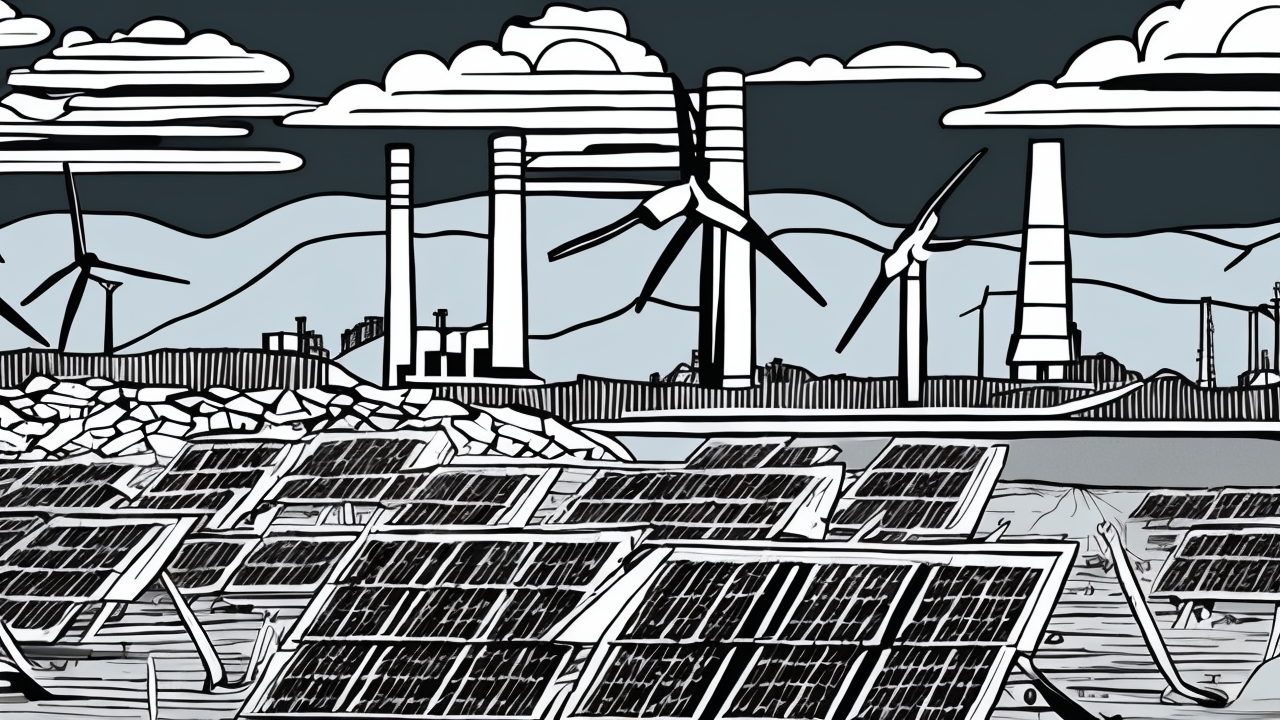Breaking the Speed Limit of Light

In a groundbreaking experiment conducted at the Large Hadron Collider (LHC), a team of physicists has observed particles moving faster than the speed of light in a vacuum. This discovery challenges Einstein's theory of relativity, which states that nothing can exceed the speed of light. The experiment involved accelerating heavy ions to nearly the speed of light and observing their behavior in a highly energetic plasma state.
The particles, known as quark-gluon plasma, were created by colliding lead nuclei at unprecedented energies. This plasma, which resembles the state of matter just after the Big Bang, exhibited unusual properties. Researchers detected particles moving at speeds exceeding the speed of light by a small margin, a phenomenon that could redefine our understanding of the universe.
If confirmed, this finding could lead to new theories in physics, potentially explaining phenomena such as dark matter and the nature of the early universe. However, the results are still under scrutiny, and further experiments are needed to validate the observations. The implications of this discovery could be profound, pushing the boundaries of our current knowledge and opening new avenues for exploration in quantum mechanics and cosmology.
Published: 8/2/2025
















